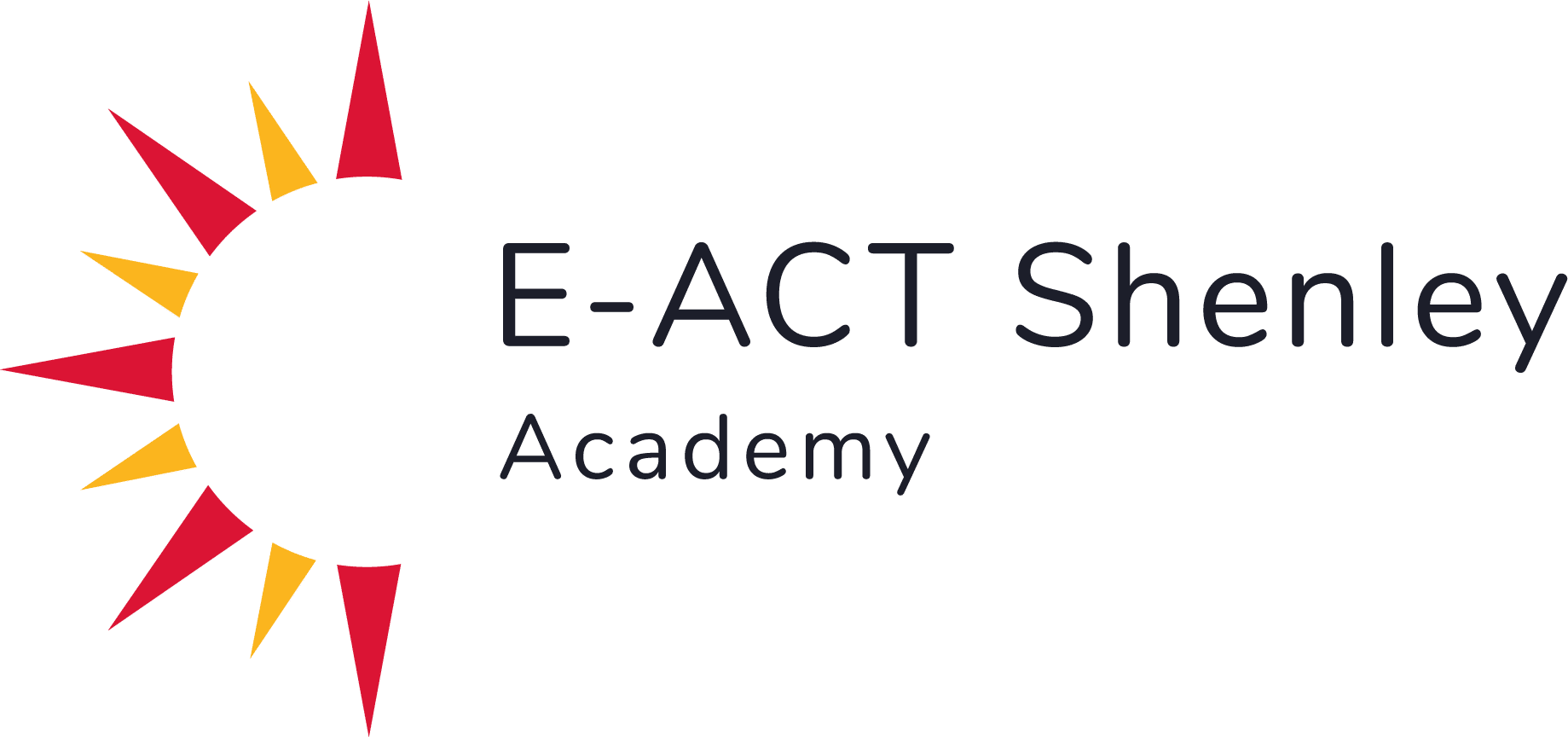Pupil premium arrangements
The Pupil Premium provides additional funding on top of the main funding a school receives. It is targeted at students from disadvantaged backgrounds to ensure they benefit from the same opportunities as students from less deprived families. From September 2023 onwards the premium grant is worth £1035 per student and is allocated to students who are currently registered for Free school Meals (FSM) and those who have received FSM in the past six years (known as Ever6/E6). Students in care, even for one day, also continue to qualify for the Pupil Premium.
Our primary aim is to narrow the gap between disadvantaged and non-disadvantaged students and ensure that all our students exceed national expectations through providing outstanding teaching and learning opportunities for all students. All teaching staff are aware of the students eligible for PPG and this informs their planning, monitoring and intervention.
How the Pupil Premium is spent is monitored closely with all schools accountable for the impact of the money spent. At Shenley Academy we pride ourselves on utilising the Pupil Premium to support our students with a specific focus on literacy, numeracy, transition points, behaviour, improving attendance and achievement, maximising the life opportunities for all students through careers and aspirations education.
Why is there a pupil premium?
Students who have been eligible for Free School Meals at any point in their school career have consistently lower educational attainment than those who have never been eligible. In 2009-10 GCSE statistics showed that around a third of students who have been on Free School Meals in the previous six years achieved five or more A*- C grades, compared to more than two thirds of their fellow students.
For the academic year 2022 – 2023, the Academy received £572,778 additional funding. Using a variety of data a Pupil Premium Plan is produced; identifying predicted gaps in attainment and achievement between Pupil Premium students and non-Pupil Premium students, and any gaps in attendance. Currently the main barriers to educational achievement for disadvantaged students include:
| In school barriers: |
| Some students have low levels of literacy on entry to the academy which impedes their learning and their confidence |
| Variations in the quality of maths teaching impedes student learning and has hampered their confidence in this subject |
| Teaching in the humanities subjects needs to make more effective use of exam pedagogy from year 7 onwards in order to support students to do well in exams. |
| There is a correlation between students with the most complex needs and their eligibility for pupil premium support. Targeted interventions are required in order to support this group of students to be successful. |
| External barriers: |
| Students need to have a clear aspiration for the future that explains to them why they need to do well in exams |
| Some disadvantaged students struggle to attend school regularly |
| Some students need to develop greater resilience in order to realise their long-term aspirations. |
How will the impact of the spending of the Pupil Premium be measured?
Shenley Academy demonstrates unwavering commitment to closing the attainment gap. We target interventions and have robust tracking systems in place to establish what is making a difference and what is not.
To monitor progress on attainment, measures will be included in the performance tables that will capture the achievement of students covered by the Pupil Premium. At Shenley Academy, the usual cycle of data collection and the monitoring and tracking of the cohort’s attainment, will be used to inform student progress and enable the early identification of need, support and appropriate intervention.
Key principles for using pupil premium 2023-2024
- Shenley Academy carefully ring-fences the funding at the beginning of the academic year so that it is spent on a targeted group of students.
- Shenley Academy never confuses eligibility for the pupil premium with low ability, and focuses on supporting our disadvantaged students to achieve the highest levels.
- Shenley Academy thoroughly analyses which students are underachieving, particularly in English, mathematics and science, and why.
- Shenley Academy draws upon evidence from our own and others’ experience to allocate the funding to the activities that were most likely to have an impact on improving achievement.
- The academy ensures that a designated senior leader, an Assistant Headteacher, plus the Headteacher, have a clear overview of how the funding is being allocated and the difference it is making to the outcomes for students termly.
- The academy also ensures that class and subject teachers know which students are eligible for the pupil premium so that they can take responsibility for accelerating their progress through the use of an ‘at a glance booklet’ and their seating plans in classrooms.
- The projects we have set up, are to tackle a range of issues, e.g. attendance, behaviour, factors outside school, professional INSET on disadvantaged students, effective teaching and learning, strong careers information, advice and guidance, literacy support, targeted support, good facilities for supported self-study, further enrichment.
Key desired outcomes
- All students to reach their full potential by reducing the attainment and progress gaps in all subject areas
- Attendance and punctuality to exceed national expectations for all students
- To support all students to have a clear aspiration for the future that explains to them why they need to do well in exams
- That all students will develop the character attributes required in order to realise their long term aspirations.
The next review of the academy’s pupil premium strategy will be September 2024
Resources
Pupil Premium Policy 2024-2024
Pupil Premium Strategy Statement 2023-2024 and review of 2022-2023
Pupil Premium Strategy Statement 2022-2023 and Review of 2021-2022
Pupil Premium Strategy Statement 2021-2022 and Review of 2020-2021
Pupil Premium Strategy 2020-2021
Pupil Premium Evaluation Document 2019-2020
